News
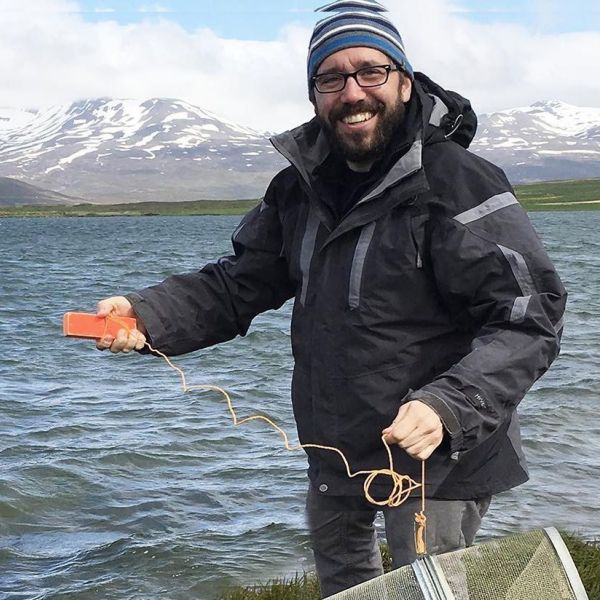
Jul 07, 2025
‘Scialog’ grant to study how rising ocean temperatures affect fish behavior
A wildlife behavioral ecologist at Penn State is part of a multi-institution team that received funding from Scialog: Neurobiology and Changing Ecosystems, a international three-year initiative that aims to spark new science exploring neurobiological responses to rapidly changing environments.
Full Article
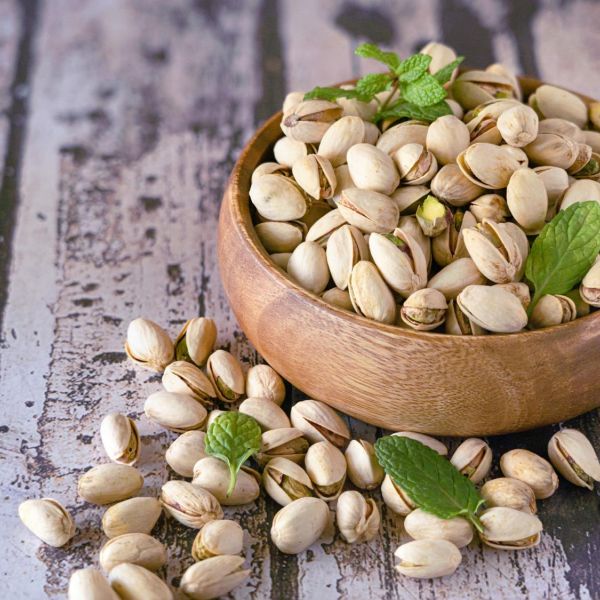
Jul 07, 2025
Nighttime pistachio snacking may reshape gut microbiome in prediabetic adults
Eating pistachios every night for 12 weeks altered bacteria in the gut, according to new study.
Full Article
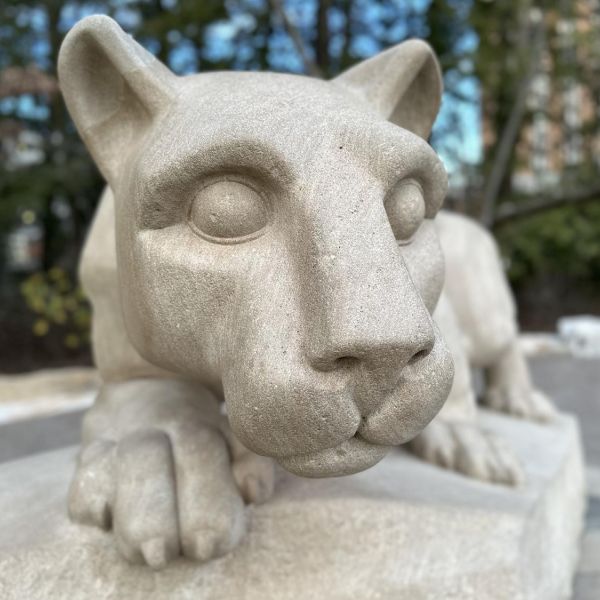
Jul 07, 2025
Four selected for inaugural Next-Gen Innovators Fellowship at Penn State
Four emerging leaders in science and innovation have been selected as the inaugural fellows in Penn State’s Next-Gen Innovators Fellowship program, an initiative designed to close critical training gaps in research translation and technology commercialization.
Full Article
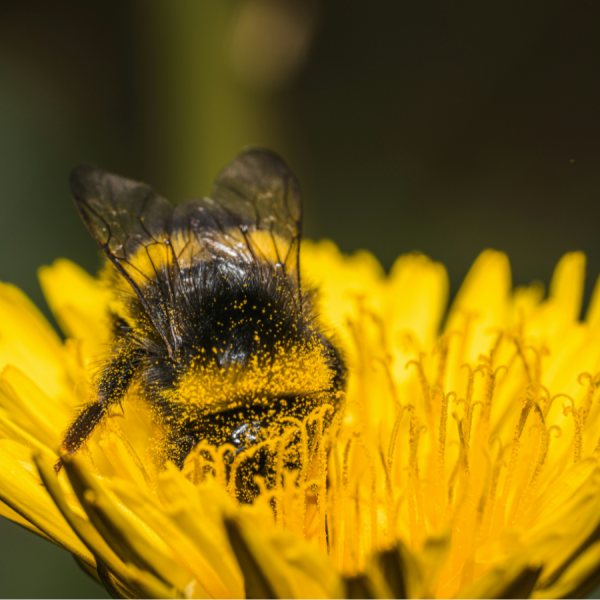
Jul 02, 2025
What a bumble bee chooses to eat may not match ideal diet
A new study led by researchers at Penn State suggests that what bumble bees choose to eat may not line up with their ideal nutritional needs.
Full Article
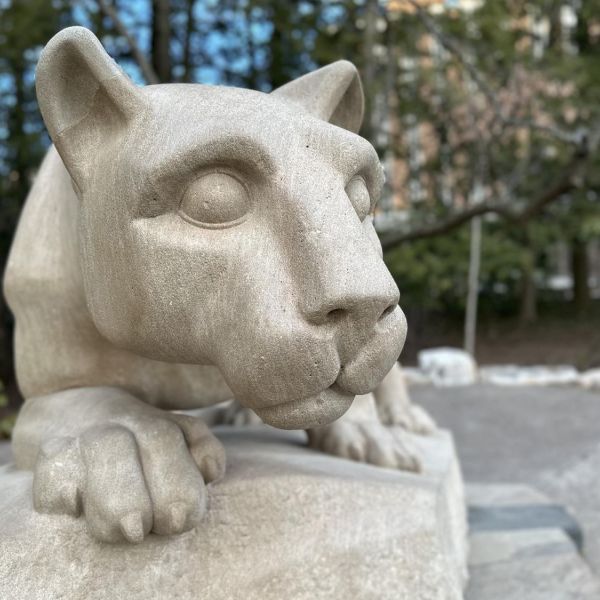
Jul 02, 2025
Eight graduate students receive U.S. National Science Foundation fellowships
Eight Penn State graduate students received U.S. National Science Foundation (NSF) Graduate Research Fellowships for the 2025-26 academic year.
Full Article
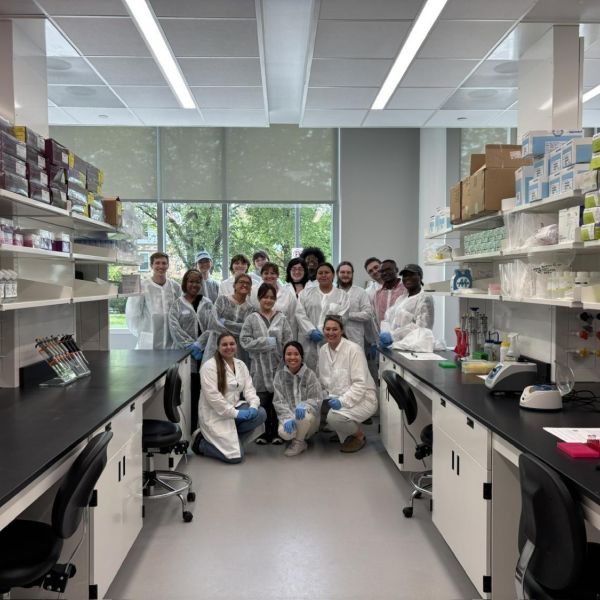
Jul 01, 2025
ARISE program provides hands-on training to aspiring anthropologists
A talented group of aspiring anthropologists recently traveled to Penn State to take part in the Department of Anthropology’s annual ARISE program.
Full Article

Jun 30, 2025
Huck Chair builds regenerative medicine bridge from lab to surgical suite
With support from the Huck Institutes of the Life Sciences, Dino Ravnic advances translational research through cross-campus partnerships.
Full Article
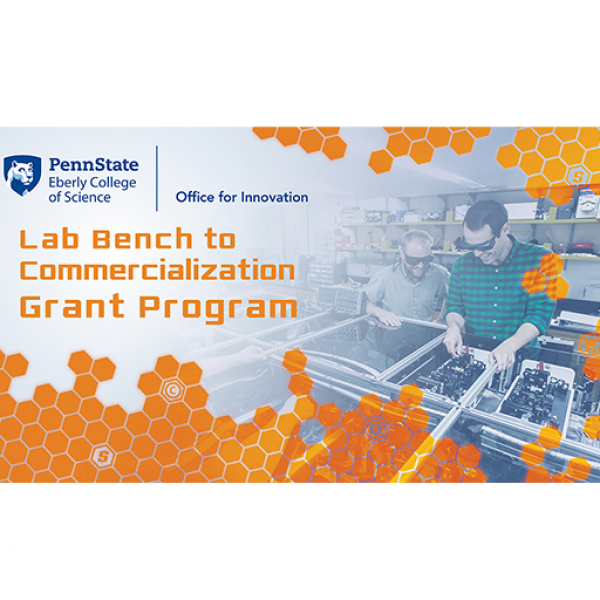
Jun 30, 2025
Lab Bench to Commercialization program broadens its scope
Eberly College of Science seed grant program to shift emphasis to earlier development of research, focusing on societal impact and career readiness.
Full Article

Jun 25, 2025
Q&A: The quest to halt neurodegenerative disorders like Alzheimer’s disease
June is Alzheimer’s and Brain Awareness Month, and in this Q&A, Selleck talked about how he’s working to stop the progression of neurodegenerative diseases like Alzheimer’s.
Full Article

Jun 25, 2025
Charlie Anderson to lead plant biology intercollege graduate program
Charles "Charlie" Anderson, professor and associate head of research and faculty success in the Department of Biology, has been named the new chair of the Huck's Plant Biology grad program.
Full Article